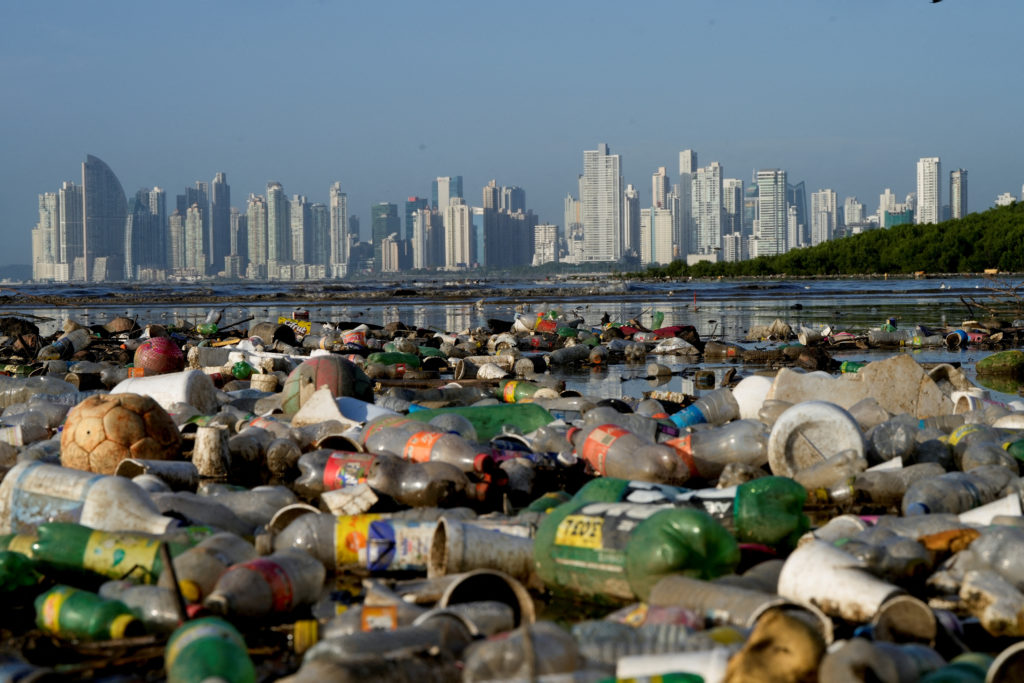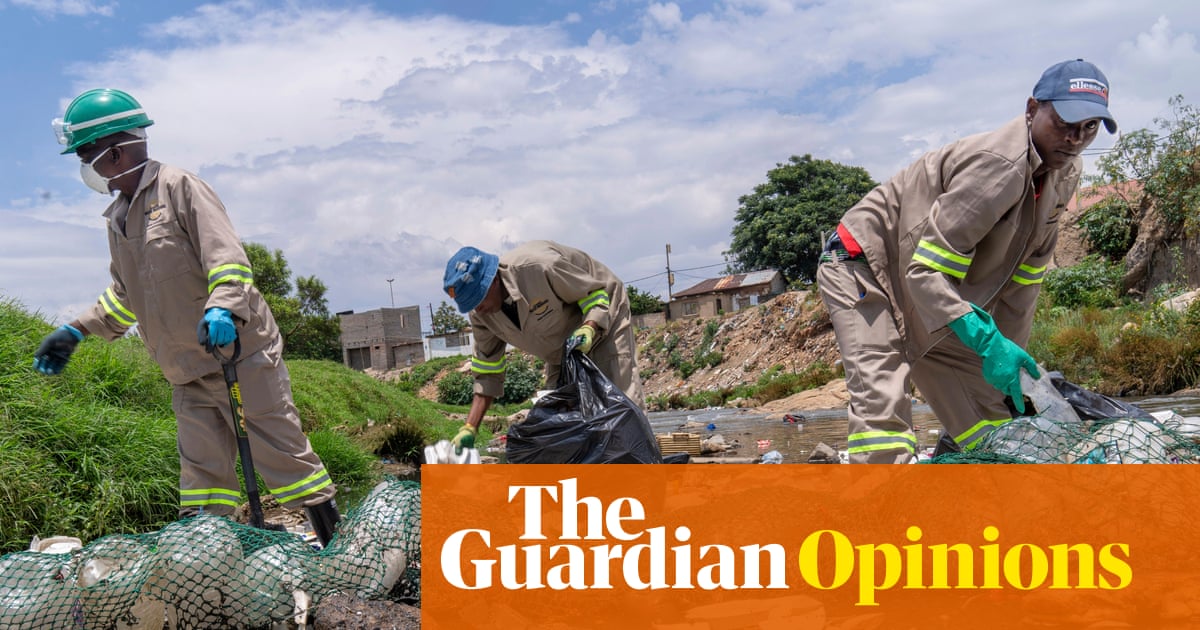Nations Convene in Geneva for Landmark Plastic Pollution Treaty Talks
Nations are meeting in Geneva to negotiate a legally binding treaty on plastic pollution, aiming for global action by 2024 to curb the escalating global crisis.
Subscribe to unlock this story
We really don't like cutting you off, but you've reached your monthly limit. At just $5/month, subscriptions are how we keep this project going. Start your free 7-day trial today!
Get StartedHave an account? Sign in
Overview
- In March 2022, 175 nations agreed to create the first legally binding treaty on plastics pollution, targeting completion by the end of 2024 to address the urgent global crisis.
- Nations are currently meeting in Geneva for a 10-day gathering, with the negotiating committee chair, Luis Vayas Valdivieso, expressing optimism for a groundbreaking outcome.
- Angelique Pouponneau, lead ocean negotiator for small island states, stresses that only a comprehensive treaty can effectively drive global action against plastic pollution.
- The UN warns that 19-23 million tons of plastic waste enter aquatic ecosystems annually, projecting a 50% increase by 2040 without immediate global intervention.
- Negotiations face hurdles as the U.S. opposes global production caps or bans on specific plastic products, and unanimous agreement from every nation is required for proposals.
Report issue

Read both sides in 5 minutes each day
Analysis
Analysis unavailable for this viewpoint.
Articles (3)
Center (0)
No articles found in the Center category
FAQ
The negotiations aim to finalize a legally binding treaty by the end of 2024 that covers the entire lifecycle of plastics, including production, design, consumption, recycling, and waste management, to effectively curb plastic pollution worldwide.
Key challenges include opposition from countries like the U.S. to global caps or bans on plastic production and specific products, the need for unanimous agreement among all countries, and disagreements on whether the treaty should include production reduction targets.
Annually, 19–23 million tons of plastic waste enter aquatic ecosystems, with projections indicating a 50% increase by 2040 without immediate global intervention, highlighting a rapidly escalating crisis.
Financing is critical, especially support for developing countries, where current funds and additional private financing—following the 'polluter pays' principle—are necessary to implement effective treaty measures.
If talks deadlock, negotiations could continue at another plastics treaty session or at a higher-level U.N. meeting planned for December 2025, with concerns that pressure to finalize may lead to a less ambitious treaty.
History
- This story does not have any previous versions.


